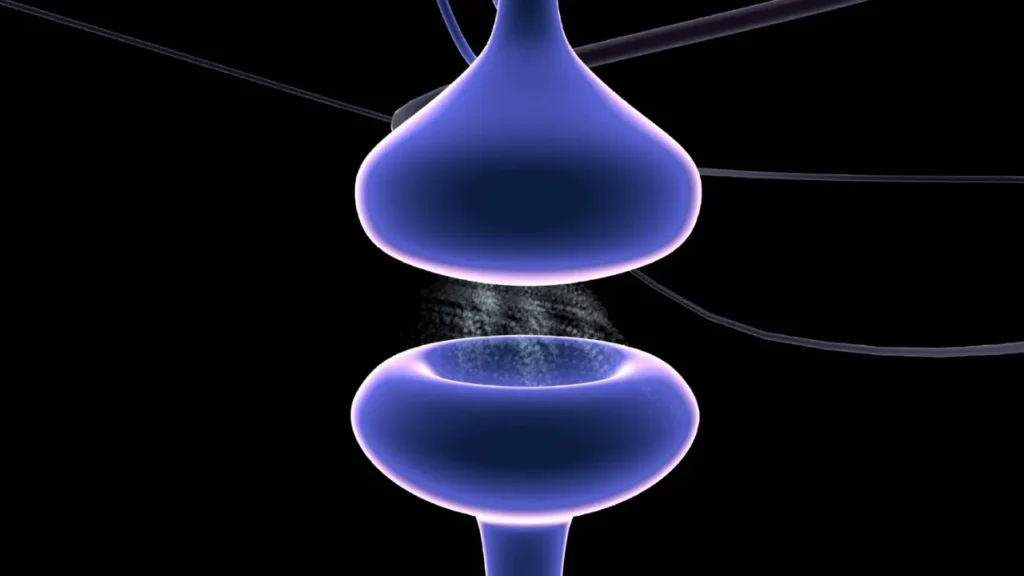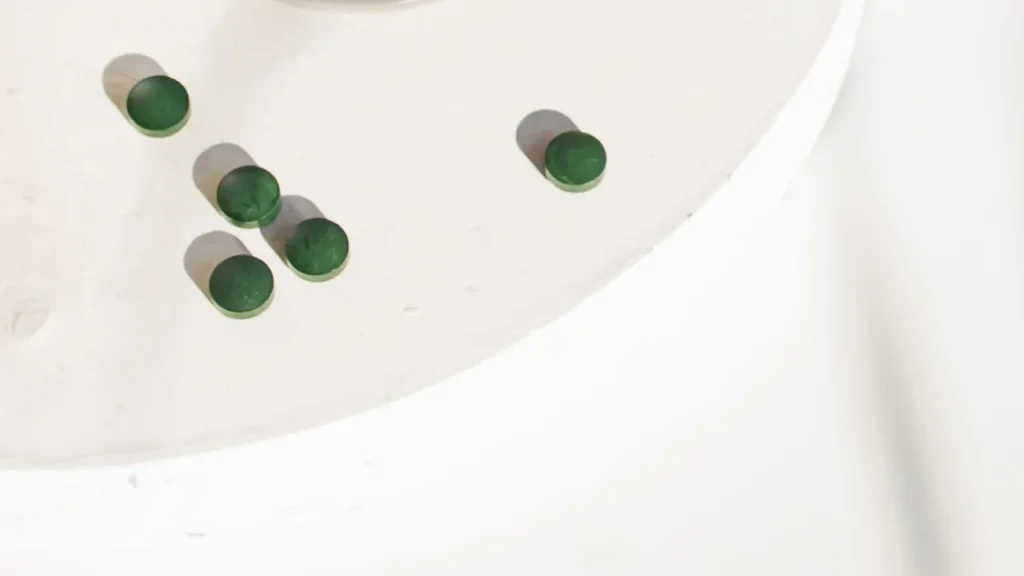Safed Musli, a herb with roots in Ayurvedic medicine and the scientific name Chlorophytum borivilianum, is valued for its many healing properties. Found mainly in India’s tropical moist forests, it has been used for millennia to support health, treat ailments, and, more recently, improve mental abilities like alertness, concentration, and general thought processes. This article explores Safed Musli’s properties, health advantages, ideal dosage, adverse effects, possible drug interactions, and responsible use, with a focus on the nootropic supplement.
You May Also Like:
NutriRise Ashwagandha Root Capsules Reviewed: A Leading Herbal Stress Support Product
ANTINEOPLASTONS: Benefits, Dosage, Side Effects, Drug Interactions, And Other Important Information
Safed Musli: Benefits, Dosage, Side Effects, Drug Interactions, and Other Important Information is an original (NootropicsPlanet) article.
Nature of Safed Musli
Safed Musli, or Chlorophytum borivilianum in scientific parlance, is a highly valued herbaceous plant with substantial medicinal significance that grows mainly in India’s tropical wet forests. Its thin, white, tuberous roots, which are the source of its medicinal qualities, are what define it. Safed Musli is well-known in traditional Ayurvedic medicine and has been used for generations for its many health benefits. These benefits are attributed to the rich composition of phytochemicals found in Safed Musli, which includes saponins, alkaloids, vitamins, and minerals.
Health Benefits of Safed Musli
Enhances Vitality and Reduces Fatigue
Safed Musli is well known for its adaptogenic qualities, which improve the body’s ability to handle stress, which helps to increase energy and decrease tiredness. Because of its capacity to control the body’s stress reaction, it is a preferred supplement by athletes and anyone looking for all-natural methods to increase resilience and physical performance. It can also result in increased energy and stamina.
Supports Sexual Health
Supporting sexual wellness is one of Safed Musli’s most well-established advantages. The plant has long been used to help men’s libido, alleviate erectile dysfunction, and boost their general sexual performance. Because of its hormone-balancing properties, it can help women have healthier reproductive systems and lessen symptoms related to menopause and premenstrual syndrome (PMS).
Promotes Cognitive Function
Safed Musli’s impact on cognitive health is a subject of growing interest. Its adaptogenic effects, coupled with antioxidant and anti-inflammatory properties, contribute to its potential to enhance cognitive functions such as memory, focus, and alertness. Reducing oxidative stress and inflammation in the brain helps protect neural cells, potentially lowering the risk of cognitive decline and neurodegenerative diseases.
Immune System Modulation
The polysaccharides present in Safed Musli play a crucial role in immune system modulation. These compounds can stimulate the activity of macrophages and increase the production of white blood cells, thereby enhancing the body’s defense mechanisms against pathogens. Its immunomodulatory effects make Safed Musli a valuable supplement for boosting immune health and preventing infections.
Antioxidant and Anti-inflammatory Effects
Because of its high antioxidant profile, Safed Musli helps reduce oxidative stress and cellular damage by neutralizing free radicals. The plant’s therapeutic benefits in managing chronic illnesses like diabetes, heart disease, and arthritis are attributed to its antioxidant action in conjunction with its anti-inflammatory properties. Safed Musli reduces inflammation and oxidative stress, which benefits general health and well-being.
Regulates Blood Sugar and Lipid Levels
Recent studies indicate that Safed Musli could be a helpful supplement for controlling cholesterol and blood sugar since it may positively affect lipid and blood sugar levels. Its effects on lipid metabolism may assist in controlling cholesterol levels and supporting cardiovascular health. Its capacity to enhance insulin sensitivity and regulate glucose metabolism may help maintain appropriate blood sugar levels.
Safed Musli’s nature as a potent medicinal herb is underscored by its extensive health benefits, ranging from enhanced vitality and sexual health support to cognitive enhancement and immune modulation. Its adaptogenic, antioxidant, and anti-inflammatory properties, among others, make it a valuable natural supplement for promoting overall health and well-being.

Chemistry of Safed Musli
The key to Safed Musli’s (Chlorophytum borivilianum) medicinal effectiveness is its phytochemical richness. The plant’s numerous health advantages are mostly attributed to the variety of bioactive substances stored in its white, tuberous roots. The saponins, a class of chemicals with surfactant qualities thought to have steroidal structures in the context of Safed Musli, are essential to its chemistry. These steroidal saponins, which include hecogenin and stigmasterol, resemble human hormone function and may be the reason behind the plant’s restorative and adaptogenic qualities.
Safed Musli contains a wide range of additional phytochemicals in addition to saponins, such as fibers that add to the herb’s nutritional value, polysaccharides that have immunomodulatory properties, and alkaloids, which are organic compounds with pharmacological effects. The presence of vitamins and minerals further enhances its profile, highlighting the herb’s significance in promoting general health.
Safed Musli’s complex chemistry—particularly the steroidal saponins—is essential to its physiological interactions with the human body. These substances interact with the body’s biochemical pathways, impacting metabolic processes, stress response, and hormone balance, as well as cognitive abilities and overall health.
Physiological Mechanism of Action
Safed Musli’s physiological effects on cognition and general health are complicated, indicating its chemical makeup’s intricacy. One of the main processes is its adaptogenic action, which helps the body better handle stress. Safed Musli lessens the adverse effects of stress on the body and brain by regulating cortisol levels through modulation of the hypothalamus-pituitary-adrenal (HPA) axis. This modulation supports improved mental clarity, focus, and resilience against stress-induced cognitive impairment.
The herb’s effect on physiological processes is believed to be primarily due to the steroidal saponins, which imitate human hormones. These substances have the ability to alter testosterone and estrogen levels, which in turn can impact mood, energy levels, and cognitive abilities.
Additionally, Safed Musli’s antioxidant properties contribute to its cognitive benefits by protecting neuronal cells from oxidative stress, which is implicated in cognitive decline and neurodegenerative diseases.
Furthermore, Safed Musli’s benefits on health and cognition depend heavily on its anti-inflammatory properties. Cognitive decline is one of the many health problems associated with chronic inflammation. By lowering inflammation, especially in the central nervous system, Safed Musli can potentially protect against neurodegenerative changes and preserve cognitive functioning.
Lastly, Safed Musli’s effect on neurotransmitter levels provides more evidence for its potential to improve cognition. It is hypothesized that Safed Musli affects the production, release, and reuptake of important neurotransmitters like dopamine and serotonin. However, the precise routes are still being investigated. There may be a direct correlation between the phytochemical profile of Safed Musli and its beneficial effects on cognition, as these neurotransmitters play a crucial role in mood regulation, attentiveness, and cognitive processing.

Optimal Dosage of Safed Musli
The best way to take Safed Musli depends on several factors, including physiological variations among individuals and extract concentration variability. The root powder has been used in clinical trials at doses ranging from 250 mg to 3 g daily. For cognitive improvement, it is best to start with smaller doses and gradually increase them to determine effectiveness and tolerance. Before adding it to their routine, customers must speak with healthcare specialists, particularly if they hope for specific cognitive benefits.
Side Effects of Safed Musli
When used in moderation, Safed Musli is usually considered safe and has few known adverse effects. Possible allergic responses and moderate stomach pain are the most frequent adverse effects. Since there is a dearth of long-term safety evidence, vigilance is advised. Safety-sensitive people should stay away from Safed Musli since it contains steroidal saponins that can resemble both testosterone and estrogen.
Potential Substance Interactions with Safed Musli
It is important to pay attention to Safed Musli’s interactions with other substances, especially prescription medicines. Hormone therapy and contraception may be affected by its effect on hormone levels. Moreover, interactions with psychiatric drugs may occur as a result of their effects on neurotransmitter levels, requiring medical care. It’s essential to use caution while combining Safed Musli with other nootropic products to prevent overstimulating the body or experiencing adverse side effects.

Best Responsible Uses of Safed Musli
When using Safed Musli as a nootropic, it’s crucial to follow suggested dosages, be mindful of any interactions and adverse effects, and consider specific medical circumstances. Consumers must purchase the supplement from reliable suppliers to guarantee purity and effectiveness. Regular monitoring and interaction with healthcare specialists are recommended to reduce hazards and customize supplementation to meet specific needs.
Safed Musli:
Conclusion
Safed Musli shows promise for various health benefits, including aphrodisiac properties, adaptogenic effects, antioxidant activity, potential for metabolic health, and anti-inflammatory effects. While preliminary evidence from animal and laboratory studies is encouraging, further research, including well-designed clinical trials in humans, is needed to validate these findings and establish Safed Musli’s efficacy, safety, and optimal dosage for therapeutic use. Individuals considering Safed Musli supplementation should consult with a healthcare professional, especially if they have underlying health conditions or are taking medications.

References:
- Standardised extract of safed musli (Chlorophytum borivilianum) increases aphrodisiac potential besides being safe in male Wistar rats. Retrieved from: https://pubmed.ncbi.nlm.nih.gov/26952773/
- Safed Musli – Uses, Side Effects, and More. Retrived from: https://www.webmd.com/vitamins/ai/ingredientmono-1268/safed-musli
- Safed musli (Chlorophytum borivilianum): a review of its botany, ethnopharmacology and phytochemistry. Retrieved from: https://pubmed.ncbi.nlm.nih.gov/24045177/
Important Note: The information contained in this article is for general informational purposes only, and should not be construed as health or medical advice, nor is it intended to diagnose, prevent, treat, or cure any disease or health condition. Before embarking on any diet, fitness regimen, or program of nutritional supplementation, it is advisable to consult your healthcare professional in order to determine its safety and probable efficacy in terms of your individual state of health.
Regarding Nutritional Supplements Or Other Non-Prescription Health Products: If any nutritional supplements or other non-prescription health products are mentioned in the foregoing article, any claims or statements made about them have not been evaluated by the U.S. Food and Drug Administration, and such nutritional supplements or other health products are not intended to diagnose, treat, cure, or prevent any disease.


